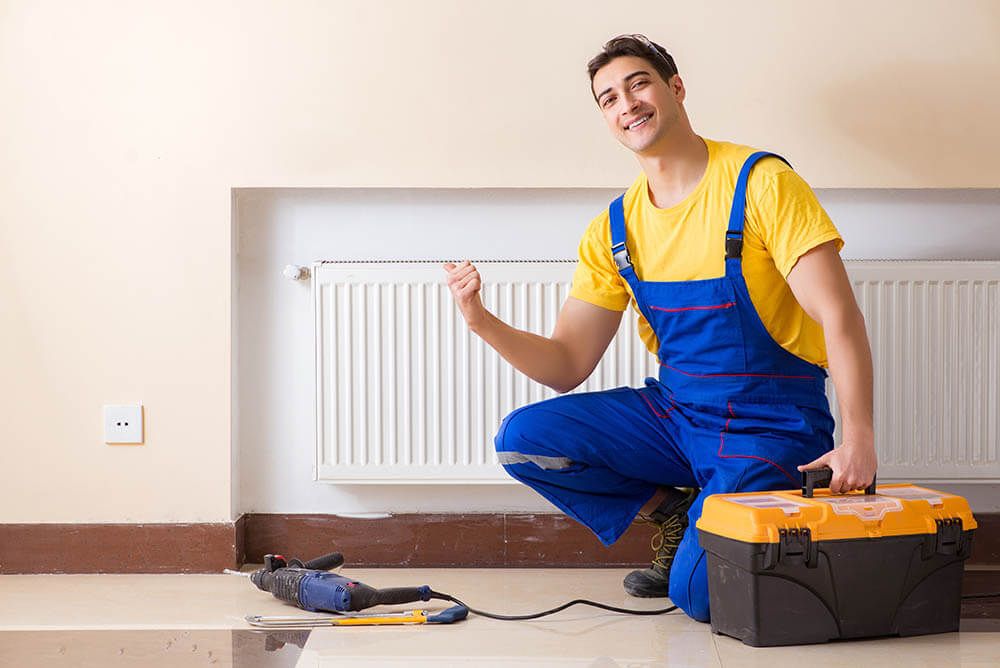Whether you are looking to upgrade your current heating and cooling unit, or you want to install a new HVAC in your new home, it is always important to choose the right device. Today, thanks to the power of technology, there are potentially endless heating devices out there on the market. Such is the choice, that the prospect of finding the best unit that suits your needs can be daunting.
Thankfully, there are a couple of factors that can help you purchase the best heating unit. Characteristics such as the unit’s efficiency, size, type, among others, can determine the amount of money you’ll spend on your new heater. As experts in the home heating and cooling industry, we are going to discuss in detail, some of the most important factors to consider when purchasing a new heating system.
1. Correct sizing is important:
For optimal comfort, it is important that you get the correct sized unit for your home. And this means you’ll have to seek the services of a heater installation expert to help you perform a manual J load calculation to find the perfect system size for your home. J load calculation systems usually take your entire home into account, from window efficiency to square footage. A heating system that is too small or too large for your home will never offer the optimal comfort levels needed.
2. Fuel source:
Heating units are available in three main categories, including gas, electric, or oil-powered heaters. Gas-powered heaters use natural gas as a fuel source and are arguably the most economical way to heat your home.
On the other hand, propane or oil-powered heaters are a powerful source of heat, but expel more pollution than their natural gas counterparts, require more storage space, and are somewhat more expensive to operate.
Electric furnaces can be highly efficient, but can be costly to operate, resulting in increased energy monthly bills.
3. Your budget:
Of course, your budget also plays a crucial role in determining the type of heating system you’ll install in your home. Although the heater itself will constitute the biggest chunk of your installation cost, there are other factors that you’ll also need to take into account, such as indoor air quality features, labor costs, as well as any addition that may need to be made to your home to enhance air circulation.
Heating equipment is a major investment in your home functionality and comfort, and this is why you need to go the extra mile to ensure you get the best device. You need to consult a qualified heater professional to help you explore your heating system installation considerations; to ensure the installed heater is not only highly efficient, but also boosts the quality of your indoor air.
4. System efficiency:
When it comes to system efficiency, it doesn’t matter whether you are using propane, fuel oil, or an electric-powered furnace. The heating and cooling department always accounts for the biggest portion of your energy bills, so you need to be on the lookout for the most energy-efficient heater available.
The simplest way to identify a high-efficiency heater or furnace is to look for the ENERGY STAR logo. It is a seal of approval that tells you the device bearing the label meets the standard energy efficiency requirements. Of course, if you are not sure about anything, don’t hesitate to consult your local heater maintenance and service professional.
5. Quality of the heating device:
A significant number of heater installation professionals say that it’s also important to consider the quality of the heating system before making a purchase. It is good to know that there is a long list of brands and models on the market and they all differ in terms of features, design, size, and efficiency, among other things. While some heaters might be cheaper, they may not be able to bring onboard the essential features that can enhance your home’s comfort. What’s more, they may not be as durable and reliable as their more costly counterparts.
